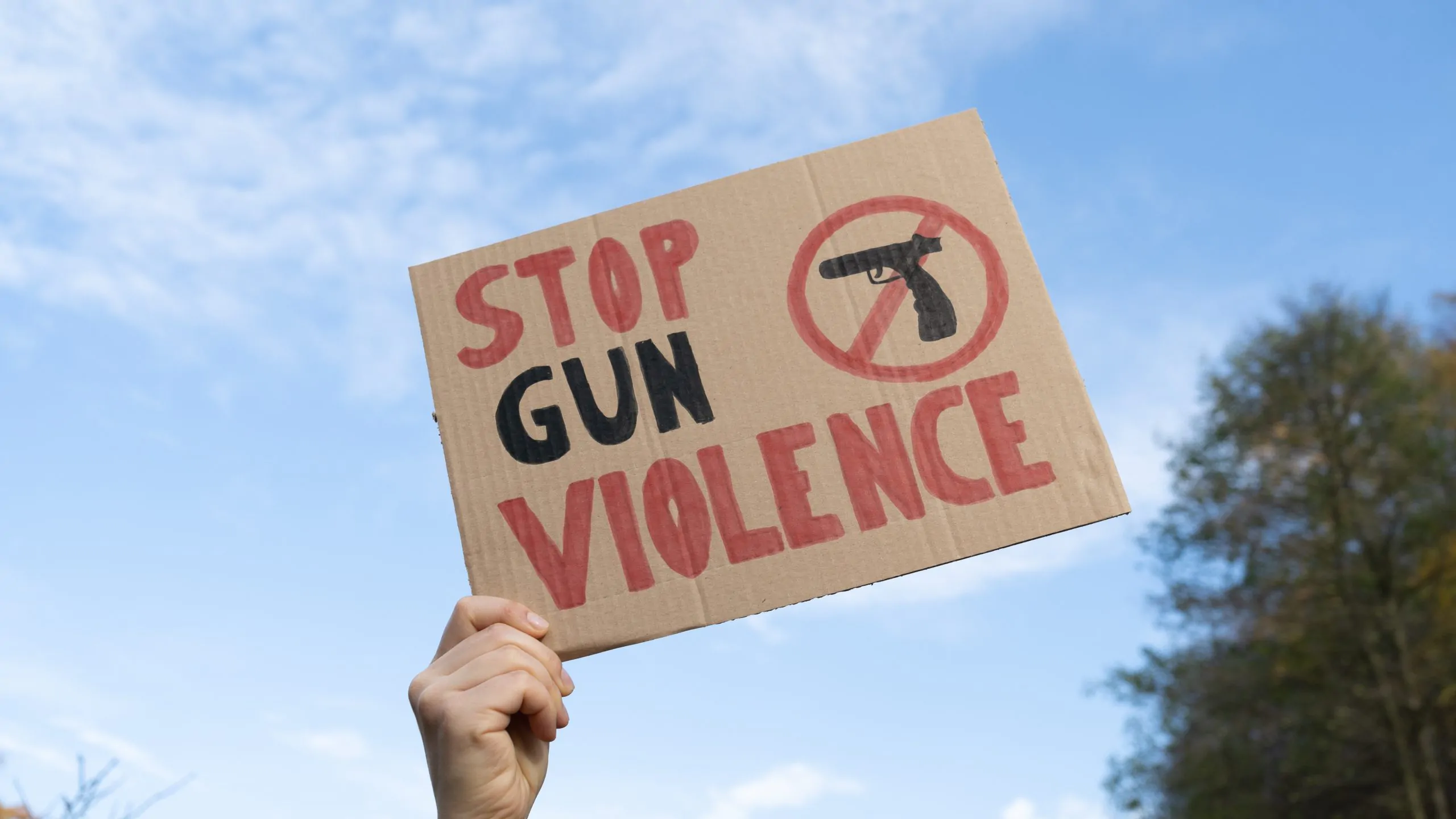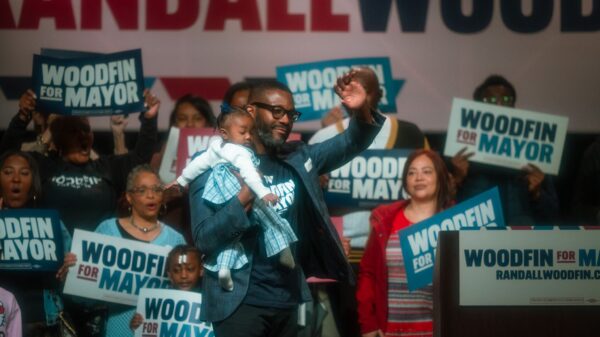|
Getting your Trinity Audio player ready...
|
As Birmingham and other cities across the state continue to grapple with gun violence, community leaders from the Birmingham area came to the table Tuesday to talk about the complex causes and potential solutions.
Two Alabama non-profits, The Flourish and Alabama Values, hosted a panel titled “Peace by Piece: A Collaborative Conversation on Gun Violence” to address the root causes and how to move forward.
“Now more than ever, it is important for us to use the platforms we have to not only discuss gun violence, but see what diluting and action steps we can take daily to address the root causes of violence in our communities,” said Jahman Hill, co-founder of The Flourish.
The panel included Jerome Higgins, principal of Hayes K-8 Elementary School; Danny Carr, Jefferson County District Attorney; Leroy Maxwell Jr., a local attorney; Jacques Austin of Brother Let’s Talk; and Uche Bean, director of community and safety initiatives for the City of Birmingham.
“Gun violence isn’t just a policy issue; it’s a public health crisis that disproportionately impacts communities of color and low-income neighborhoods,” said Alabama Values Executive Director Anneshia Hardy, “The intersection of race and class plays a critical role in how violence affects our communities, and addressing this issue requires us to tackle systemic inequalities head-on. The Justice in Focus briefing is about bringing together voices from across Alabama to address these root causes and demand solutions that prioritize safety, justice, and equity for all.”
One issue brought up by the panel is Alabama’s shift toward not requiring a permit for concealed carry.
“It gave this sort of mentality that anybody and everybody should walk around with a pistol,” Austin said.
Maxwell Jr. said Alabama’s lax gun laws leave the “doors wide open” for the gun industry to flourish in the state.
“When guns are more readily accessible, you get the side effect of that which is this wild wild west creation here in the state,” Maxwell Jr.
The panelists said for many young men, staying “strapped” is a matter of survival because anyone that passes on the street could have a weapon.
“Kids say to me they will carry a gun because have to act like everyone they come across has one and they don’t want to be left without,” Wiggins said.
Maxwell Jr. said some of the punitive measures in place don’t necessarily work the way they are intended, noting a law that adds mandatory jail time if a crime is committed.
“There are things that can be done from a proactive standpoint that would incentivize reduction of violence and the amount of guns out there,” Maxwell Jr. said. “For example, we’ll take three months off your sentence for every gun you deliver to us; there are incentives for folks to take guns off the street. It’s hard to tell young folks with what is going on here not to be strapped; I know with all the violence, I stay strapped.”
The panel also talked about conflict resolution, a proactive measure that seeks to curb gun violence by helping kids find healthier ways to resolve conflicts before it leads to violence.
Wiggins said the difficulty is getting to kids while they are young, because studies show a person’s personality is set in by the age of 10.
“Oftentimes, unless something switches, the writing is on the wall for that kid’s path,” Wiggins said.
One bill that seems to be gaining bipartisan steam in the Legislature ahead of the upcoming session is a bill by Rep. Phillip Ensler, D-Montgomery, to ban the modification of pistols with “Glock switches” that turn handguns into automatic weapons.
Democrats have also pushed for the reversal of Alabama’s law eliminating the need for concealed carry permits, which passed just two sessions ago, but have not gained much traction on that front.





















































